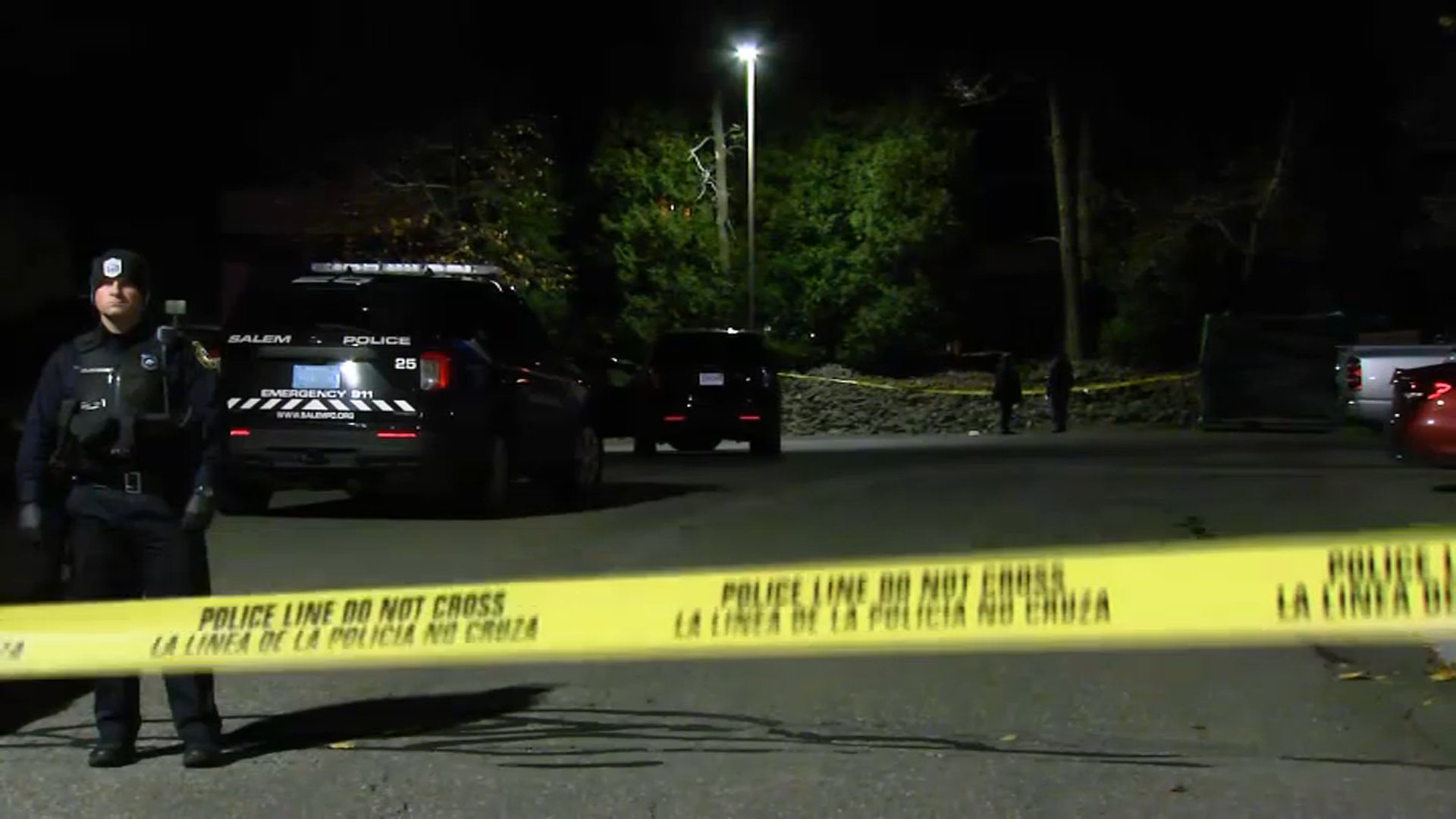
A judge’s decision to deny a protective order to a 33-year-old woman who was later shot and critically injured by her ex-boyfriend, “represented a reasonable application of current New Hampshire law to the facts of the case,” an internal review concluded Tuesday.
A committee conducted the review of the petition denial and released a report following a request from New Hampshire Gov. Chris Sununu. It also made recommendations, such as reviewing and updating protection order-related forms, and providing access to legal assistance to domestic violence survivors.
WATCH ANYTIME FOR FREE
Stream NBC10 Boston news for free, 24/7, wherever you are. |
Lindsay Smith was shot on Nov. 15 in Salem, Massachusetts. Her ex-boyfriend, 55-year-old Richard Lorman, who had lived in New Hampshire, died from an apparent self-inflicted gunshot wound, police said.
Smith had obtained a temporary restraining order against Lorman in September.
Get updates on what's happening in Boston to your inbox. Sign up for our News Headlines newsletter.
"I will make you pay," Lorman told Smith, according to court documents. "You can't trust anything to be okay anymore. I am going to turn your world upside down. You'll see. You'll pay. You chose this."
Smith told the court his behavior only escalated from there, and the threats started extending to her family and coworkers. She asked the court to extend the protective order in October, but Circuit Judge Polly Hall dismissed her petition for a permanent order, writing “the court cannot find that the defendant’s conduct constitutes a credible present threat to plaintiff’s safety.”
Hall told the committee her conclusion was based on several factors, including the lack of any act of physical violence committed by the man since 2016, her understanding that the man’s threats were related to “blackmail” and reputational or emotional harm, and her finding that the woman had a generalized fear of what the man might do, rather than a fear of a specific physical threat.
Hall also looked at several court cases addressing the issue of credible present threat. She found that while the man’s behavior was “controlling and coercive” and demonstrated his anger at her attempt to end their relationship, it didn’t establish a credible present threat to her safety as defined by the law.
The review was led by Circuit Court Judge Susan Carbon, former director of the Office on Violence Against Women at the U.S. Department of Justice.
DOMESTIC VIOLENCE HELP: Massachusetts provides this list of national, statewide and local resources for victims of domestic violence. The National Domestic Violence Hotline is 1-800-799-7233. Anyone who is in immediate danger or knows someone who is is urged to call 911.
If you or someone you know is at risk of suicide please call the U.S. National Suicide Prevention Lifeline at 800-273-8255, text TALK to 741741 or go to SpeakingOfSuicide.com/resources for additional resources.



